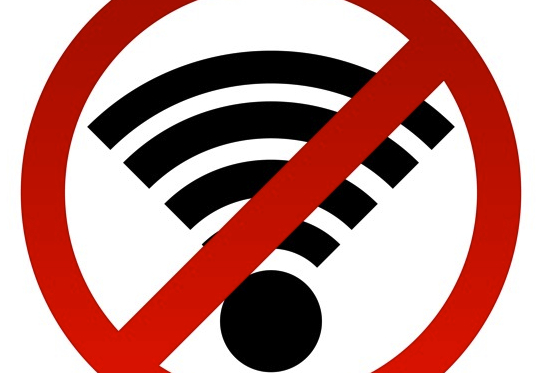
Marriott International continues to fight for its right to block Wi-Fi networks other than its own at its hotels. Late last week, it issued a clarifying statement that its goal is to protect conference and meeting guests and the conference groups that are using outside Wi-Fi devices from potential cyber attacks.
More specifically, Marriott said:
“It has never been nor will it ever be Marriott’s policy to limit our guests’ ability to access the Internet by all available means, including through the use of personal Mi-Fi and/or Wi-Fi devices. As a matter of fact, we invite and encourage our guests to use these Internet connectivity devices in our hotels. To be clear, this matter does not involve in any way Wi-Fi access in hotel guestrooms or lobby spaces.
“The question at hand is what measures a network operator can take to detect and contain rogue and imposter Wi-Fi hotspots used in our meeting and conference spaces that pose a security threat to meeting or conference attendees or cause interference to the conference guest wireless network.”
At the same time, the Federal Communication Commission (FCC) continues to accept comments about whether hotel guests should be forced to use the hotel network, or if they should be able to use their own.
At the front of the line fighting Marriott’s position (which has since been supported Hilton Worldwide and the AH&LA), are Google and Microsoft, which have filed comments arguing “jamming” efforts are not in the best interest of consumers and lead to the imposition of hotel Wi-Fi access fees.
The FCC last summer fined Marriott US$600,000 for jamming its ballrooms at the Gaylord Opryland Resort and Convention Center in Nashville, Tennessee, and Google contends this action should stand as the rule going forward.
Marriott and the AH&LA have subsequently petitioned the FCC to clarify the law and are awaiting a response.

